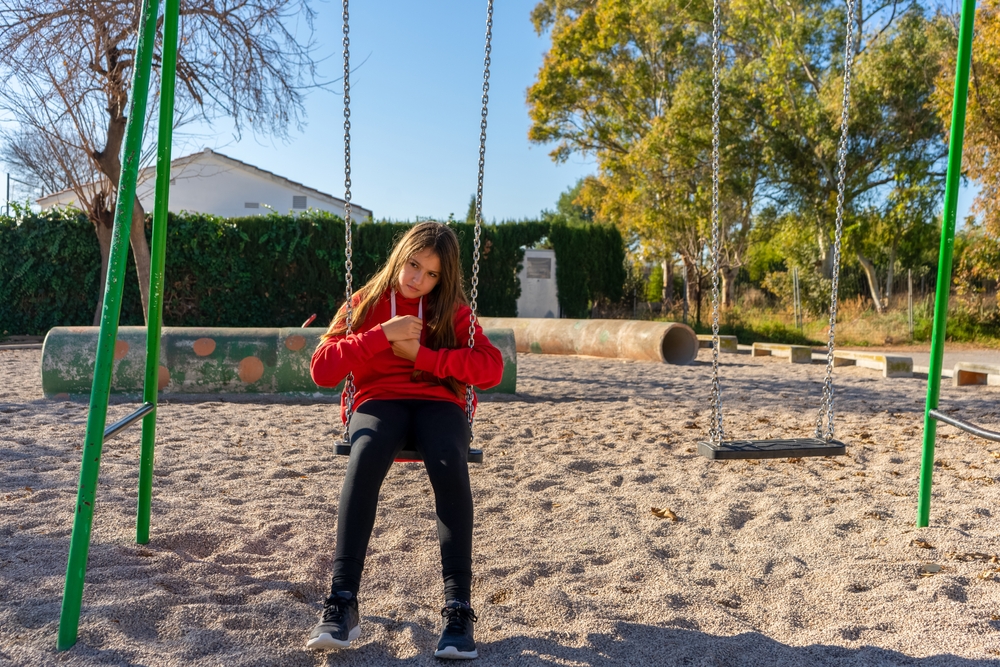Social anxiety refers to fear or worry related to interactions in social situations. The Mayo Clinic explains that “comfort levels in social situations vary, depending on personality traits and life experiences some people are naturally reserved, and others are more outgoing.” Social anxiety in teens is characterized by an intense fear of social situations and a heightened concern about negative judgment or evaluation by others. It goes beyond the normal nervousness or shyness that many teenagers may experience in certain social settings. The teenage years are a pivotal time marked by both social and physical transformations. Social anxiety can significantly impact various aspects of a teen’s life, including their relationships, academic performance, and overall well-being. For many adolescents, the intertwining of social anxiety and body image (i.e., how an individual perceives, thinks, and feels about his or her own body) can create a complex and challenging landscape.
Navigating the intersection of teenage social anxiety and body image involves understanding the intricate relationship between these two significant aspects of adolescent development. Research indicates that social anxiety becomes particularly poignant during adolescence. The pressure to conform to societal ideals of beauty and attractiveness can exacerbate social anxiety, creating a cycle where concerns about appearance feed into the fear of judgment. As a result, teenagers may engage in avoidance behaviors, steering clear of social situations that spotlight physical appearance and contributing to a sense of isolation. The societal emphasis on appearance, perpetuated through media and peer comparisons, can intensify the challenges faced by socially anxious teenagers, impacting their self-esteem and overall mental well-being.
Promoting inclusivity and celebrating diverse body types can help cultivate a more supportive atmosphere for teenagers grappling with these issues. Arming teens with practical strategies, such as positive self-talk, setting realistic goals, and mindfulness practices, can empower teenagers to foster a healthier self-perception. Additionally, access to professional support, including counseling or body-positive therapies, plays a pivotal role in helping teenagers navigate and overcome the complex intersection of social anxiety and body image during this formative stage of development.
For Information and Support
Every family in need of mental health treatment must select a program that will best suit the needs of their family. When one member of a family struggles, it impacts everyone in the family unit. To maximize the benefits of treatment we work closely with the entire family to ensure that everyone is receiving the support they need through these difficult times.
Seeking help is never easy, but you are not alone! If you or someone you know needs mental health treatment, we strongly encourage you to reach out for help as quickly as possible. It is not uncommon for many mental health difficulties to impact a person’s life, long term. Pursuing support at the beginning of one’s journey can put the individual in the best position to learn how to manage themselves in a healthy way so they can go on to live happy and fulfilling lives.
OUR KNOWLEDGEABLE ADMISSIONS TEAM CAN BE REACHED 24/7 AT INFO@PACIFICRTC.COM OR CALL: 800-531-5769
We are available to answer any questions you may have regarding mental health treatment and our residential program, anytime. Contact us today using the form to the right.






